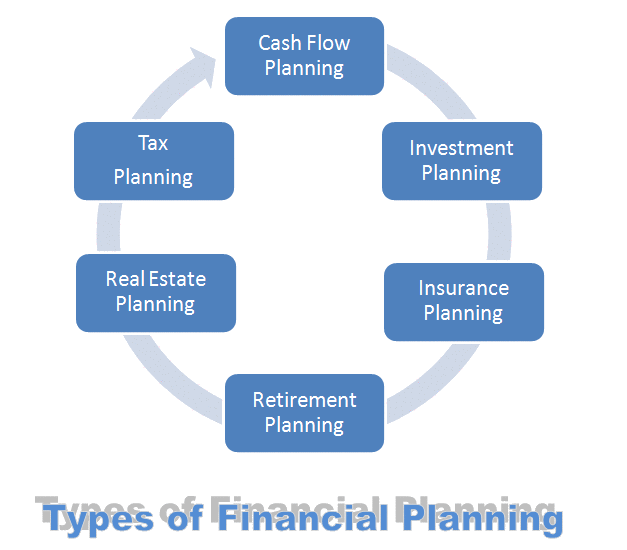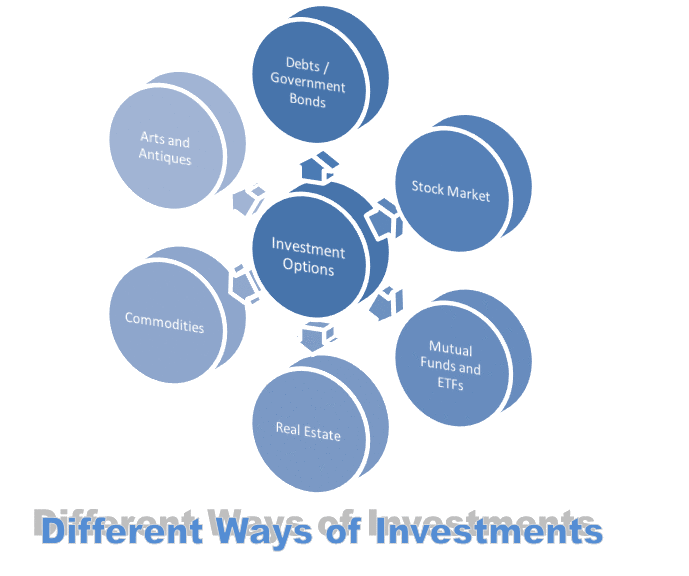Debt is one of the most important markets in which individuals spend capital in order to earn. The debt market facilitates the purchase and sale of interest-bearing loans. Because debt securities are less risky than equity investments, many investors with a low tolerance for risk favour them. Conversely, debt investments provide lower returns than equity investments. On the other hand, we shall highlight about meaning of debt funds, overview, how does it works, features and objectives of debt funds in this topic.
There are two available funding options. Initially, its bond holdings seem quite intriguing. When interest rates rise, bond prices fall, reducing the fund’s value. The value of the fund falls as interest rates rise. Fund values are rising as market yields decline. MTM return represents the capital gain or loss component. Bond-investment funds earn interest income and capital gains on their bond holdings. Popular assets for debt fund include Treasury Bills, bonds, and other money market products.
Debt Funds Definition
Deb funds means a debt instrument which is same as lending money to the issuing company. Debt fund fixed-income holdings include bonds, government securities, Treasury bills, commercial paper, and other money market instruments. Investing in debt fund guarantees a steady flow of interest income and capital gains. The issuers of debt instruments determine the interest rate and maturity date in advance. Consequently, these instruments are characterize as ‘fixed-income’ securities.
How Does Debt Funds Work?
Debt funds invest in a diverse array of credit-rated assets with varied returns. A security’s credit rating shows the likelihood that the issuer will fail to make the payments pledged in exchange for the security. A debt fund manager invests in credit securities of the highest quality. A higher credit score increases the likelihood of quick repayment of principle and interest on debt security.
Compared to debt funds, securities with higher ratings are less volatile than securities with lower ratings. The investment strategy of a fund manager and the general interest rate regime of an economy are two other elements that affect the maturity of a bond. The climate of declining interest rates encourages fund managers to make long-term investments. As interest rates rise, he is required to invest in short-term assets.
Features of Debt Funds
Let us understand some of the aspects or features of debt funds below.
Return
Despite the fact that debt funds are safe havens for investors seeking guaranteed income, they cannot guarantee gains. As overall interest rates increase, the Net Asset Value (NAV) of debt fund falls. They are great for times when interest rates are falling.
Risk
Credit risk and interest rate risk make debt funds riskier than bank deposits. Regarding credit risk, the fund manager may choose assets with poor credit ratings because they are more likely to default. Bond prices decline due to interest rate risk.
Timing for Investments
If your investing horizon is between three months and one year, liquid funds are an excellent option. Short-term bond funds, on the other hand, have an average lifespan of two to three years. Investors with a three- to five-year horizon should choose dynamic bond mutual funds. The longer the horizon of time, the bigger the potential returns.
Cost
The expense ratio is the price that debt fund managers charge for managing your fund. SEBI (Securities and Exchange Board of India) has imposed a 2.25 percent cap on total assets. In light of the lower returns of debt funds relative to equity funds, a lengthy holding period would assist in recouping the expense ratio loss.
Achievement of Financial Objectives
You may use loan funds as a secondary source of income to supplement your pay. New investors might also invest in debt fund for liquidity. Retirees wanting pensions may invest in a debt fund.
Objectives of Debt Funds
The objectives of debt funds is to maximize returns by investing across asset classes. Thus, debt funds are able to provide fair returns. Not all returns can be guaranteed. Returns on these types of funds are often in line with expectations. Therefore, they are favoured by cautious investors. They are suitable for investors with both short- and medium-term horizons. The definition of the short term is three months to one year, the medium term is three to five years, and so on.
Long-term Debt Investment
Funds, such as dynamic bond funds, are suitable for investors with a medium-term horizon. Return-wise, debt bond ETFs surpass 5-year bank CDs. Monthly Income Plans may be an excellent option for you if you desire a steady income from your investments. Debt funds are an excellent alternative for investors with a low tolerance for risk because they invest in securities that pay a fixed rate of interest and return the principal at maturity.
Cash for Short-term Obligations
For short-term investors, debt funds, such as liquid funds, may be a better option than savings accounts. Although liquid funds have greater yields (between 7 and 9 percent), they have the same liquidity to meet exigent expenditure needs.
Investors Seeking Security for Short-term Finances
Instead of bank accounts, people and businesses may invest their short-term surpluses in liquid or ultraliquid funds. Even household emergency reserves can be held in overnight or liquid funds with a modest rate of interest. An FMP may be utilize by investors with a predetermined investment horizon.
Investors Seeking a Reliable Source of Income
Seniors and others in their golden years who are risk-averse and seeking a regular income may wish to examine short-term, high-quality debt fund.
Conservative or New to Mutual Funds Investors
Instead of bank CDs, conservative or novice investors in mutual funds may wish to consider short duration funds or corporate bond funds. Debt fund provide liquidity, withdrawal flexibility, and better returns, especially when interest rates are falling.
Conclusion
The maturity profile or credit rating of the bonds held by debt funds might influence the returns of investors. While interest rates are low, rising long-term debt can generate substantial rewards. I hope you found this information about definition of debt funds with examples, how they operate, their features and objectives of debt funds, to be informative.







